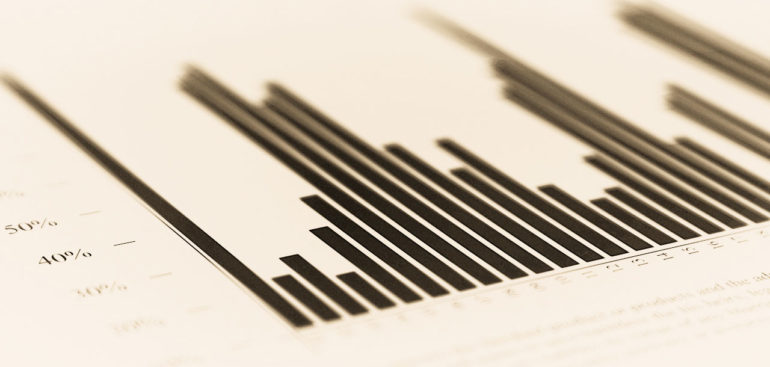These Guidelines are issued to provide guidance to all taxpayers, taxpayers’ representatives or advisers, tax officers, all other stakeholders and the general public on the procedure for accessing Mutual Agreement Procedure (MAP) as a means of ……
The Scheme in Brief:
Following the October 2017 announcement by the Federal Government of Nigeria (“FGN”) of the Road Infrastructure Tax Relief Scheme for the Private Sector (see our Newsletter), the Nigerian President on Friday, 25 January 2019, signed the Executive Order on the Road Infrastructure Development and Refurbishment Investment Tax Credit Scheme (the “Order or Scheme”). The Scheme is for a ten (10) year duration that should expire on 24 January 2029.
Mrs Kachi had kept vigil alongside her two daughters, mixing the flour to fry the puff-puff which they intended to take to the polling units in their neighborhood later in the day. The boisterous wails of Mrs Kachi alerted her next-door neighbor, Mrs Hadiza who on hearing about the postponement of the election, remembered her bucket of freshly made kunu. They locked themselves in a warm embrace and erupted in to a raucous rancorous chorus of “I am dead o, Nigeria has killed me o!”. Their beloved country had just put them in debt.
A Bird’s Eye View on the FIRS Suspension of Lien on Bank Accounts
About two weeks ago, a good number of corporate and individual business owners got the shock of their lives when most suddenly, they were served notices on their bank accounts. The accounts had been placed on a freeze on the instruction of the Federal Inland Revenue Service (FIRS) due to the lack of regularization of their tax status or some default on their part. Business owners had funds ranging from hundreds of thousands to millions and even billions stuck in their banks!
It’s good to be back again and the excitement I feel is unprecedented. The truth is, I’ve been excited for weeks now. I can easily trace this to the anticipation of the general elections, so you can imagine my shock when the elections earlier scheduled for 16th February 2019 was ……………
As the need for more efficient tax administration continues to grow, we have started to see bolder attempts by Revenue Services towards automation of tax remittance processes.
By a judgement dated Thursday, November 29, 2018, the Federal High Court (FHC) ruled against Federal Inland Revenue Services (FIRS) from assessing a company to income tax based on deemed turnover using
It is noteworthy that for the most part of the last two decades, most Nigerian States have become overly dependent on the statutory allocations from the Federal Government. As far as financial sustainability is concerned, many of these States have become seemingly complacent, with a good number of them barely generating even 20% of the figures of their allocations from the FAAC in internally generated revenue (IGR) figures. This trend has become more saddening in recent times especially because the narrative has been changing in a few quarters as more State governments have now started looking inwards.
With Nigeria’s presidential elections just two days away, permutations of varying degrees are ongoing in a bid to predict our nation’s incoming president. This is especially because winning the coveted presidential seat requires gaining the highest number of votes cast and clinching at least 25% of votes cast in at least 24 of Nigeria’s 36 states. The electorate could just wait for the results of the election, but it is a known fact that the perception by both the local and international community of the election results will affect the president’s influence.









